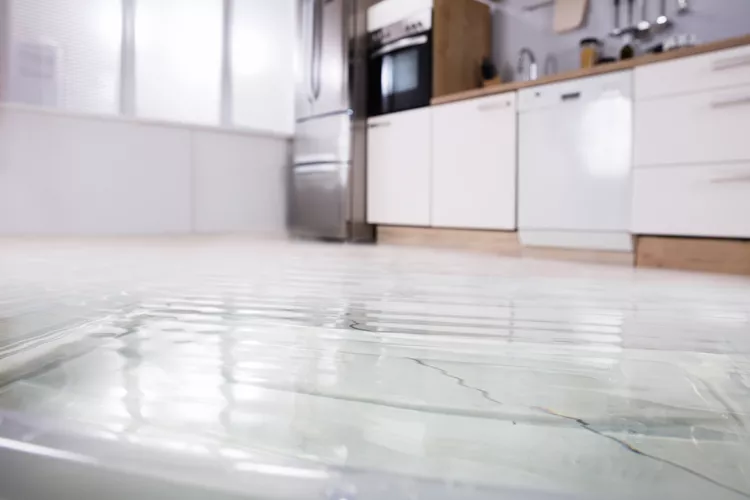What to Do in a Plumbing Emergency
by Admin

As a homeowner, you know that emergencies can happen at any time. When it comes to plumbing, however, an emergency can quickly turn into a nightmare. Broken pipes, overflowing toilets, and water damage are all issues that can require immediate attention. So, what should you do in the event of a plumbing emergency? In this blog post, we will outline the steps you should take to prevent further damage and ensure the problem is resolved quickly and efficiently.
Step 1: Shut Off the Water Supply
The first thing you should do when you encounter a plumbing emergency is to shut off the water supply to your home. This will prevent any additional water from flooding your home, causing more damage. Locate the main water valve to your home and turn it off. If you are unsure where the valve is, ask your plumber or check your home’s documentation. It is important to know where the valve is in advance, so you can act quickly in case of an emergency.
Step 2: Call a Professional Plumber
When it comes to a plumbing emergency, it can be tempting to try to fix the problem yourself. However, without the proper training and tools, you risk causing more damage or injuring yourself. Instead, call a professional plumber. They will be able to assess the situation and provide a solution that will properly repair the issue. A professional plumber will also have the necessary tools, parts, and equipment to get the job done right the first time.
Step 3: Document the Damage
Before any repairs are made, it is important to document the damage for insurance purposes. Take photos or videos of the affected areas and any damaged items. This will help support your claim and ensure that you are adequately reimbursed. If you have insurance coverage for water damage, be sure to provide your insurance company with the documentation.
Step 4: Clean Up
After the plumber has made the necessary repairs, it is important to clean up any water damage. Standing water can cause mold and mildew to grow, which can be hazardous to your health. Use towels, mops, or a wet/dry vacuum to remove any standing water. Once the water is removed, use a dehumidifier to help dry out the affected areas.
Step 5: Prevent Future Emergencies
The best way to prevent future plumbing emergencies is through regular maintenance. Have your plumber inspect your plumbing system annually to ensure that everything is working properly. Inspect your pipes regularly for signs of wear and tear, such as rust or corrosion. Avoid flushing anything down the toilet other than toilet paper and human waste. Also, avoid pouring grease or oils down the drain, as they can cause clogs over time.
Plumbing emergencies can be a nightmare for homeowners. However, with the right preparation and steps, you can minimize the damage and get the problem resolved quickly. Remember to shut off the water supply, call a professional plumber, document the damage, clean up, and prevent future emergencies through regular maintenance. By taking these steps, you can protect your home and your family from the dangers of a plumbing emergency.
https://www.commercialplumberscastlerockco.com/Emergency-plumbing
Plumbing emergency Castle Rock
www.commercialplumberscastlerockco.com/Emergency-plumbing
As a homeowner, you know that emergencies can happen at any time. When it comes to plumbing, however, an emergency can quickly turn into a nightmare. Broken pipes, overflowing toilets, and water damage are all issues that can require immediate attention. So, what should you do in the event of a plumbing emergency? In this…
Recent Posts
- How Your Lifestyle Choices Can Impact the Results of Teeth Whitening Treatments
- Pro Window Tinting Wichita: Elevating Comfort and Style in Wichita, Kansas
- Expert Lawn Care Lubbock Advocates for Property Care: Combatting Weed Growth and Preserving Curb Appeal
- Expert Lawn Care Lubbock Advocates for Property Care: Combatting Weed Growth and Preserving Curb Appeal
- Navigating Piano Removal Challenges: Insights from Mountain Piano Moving Company
